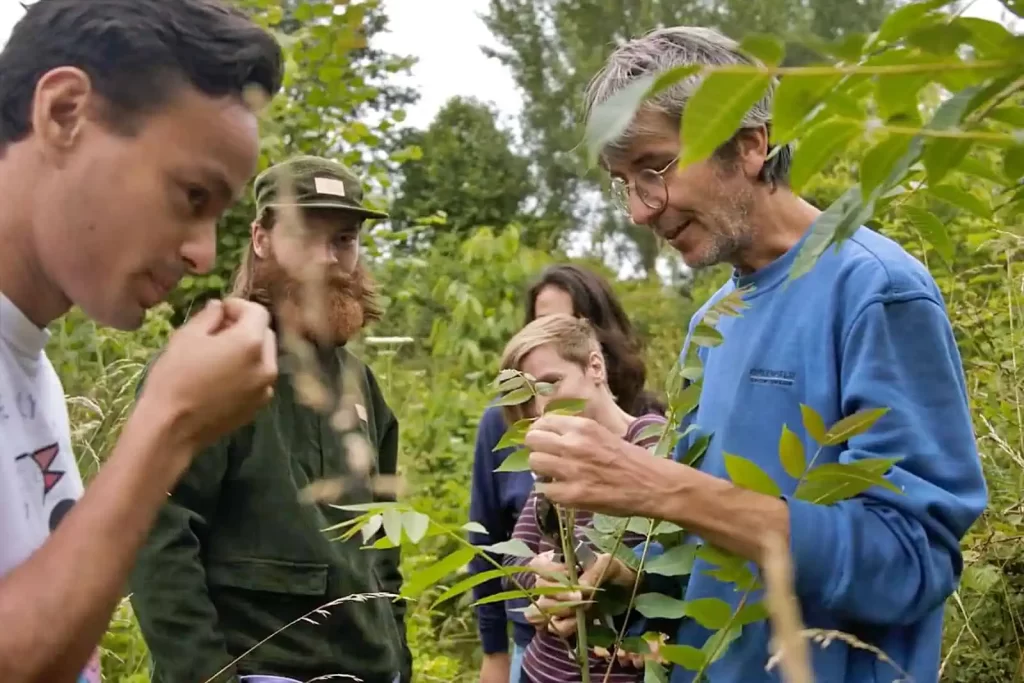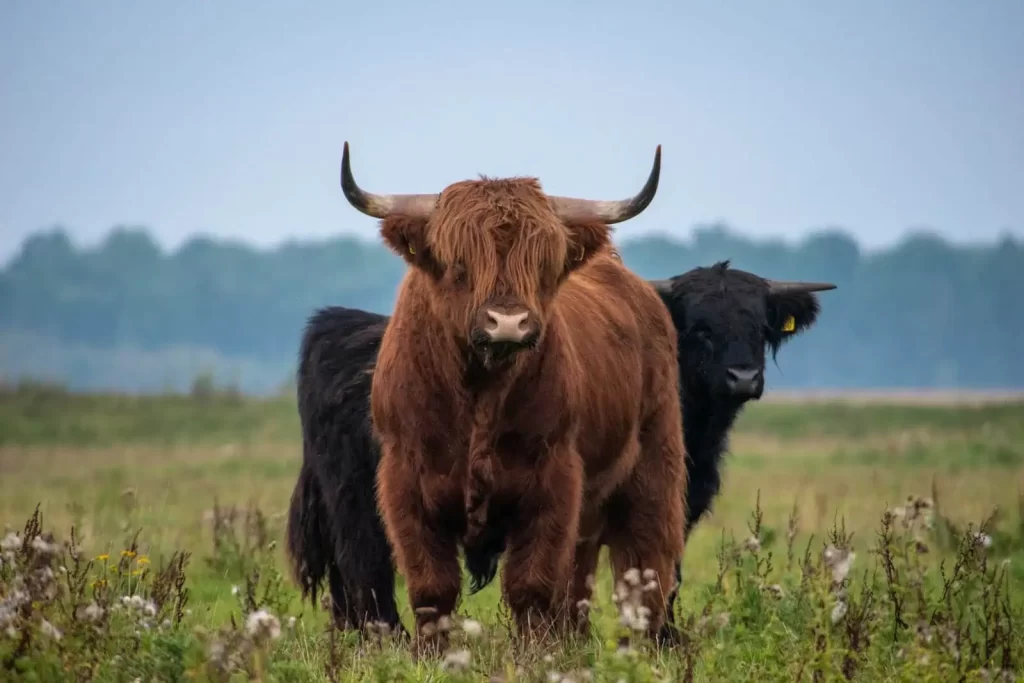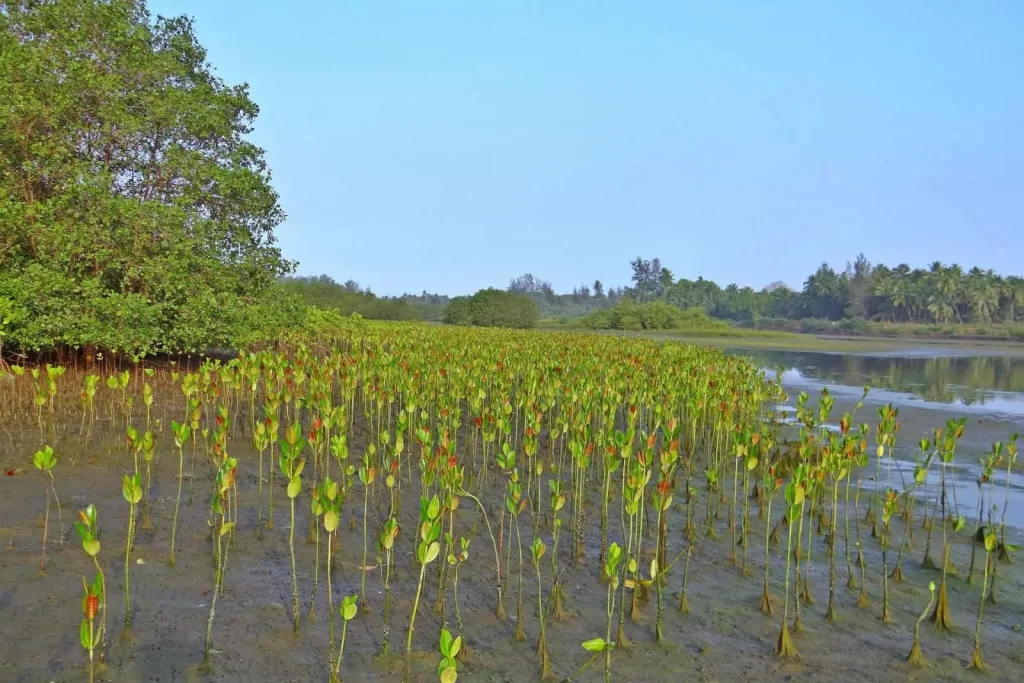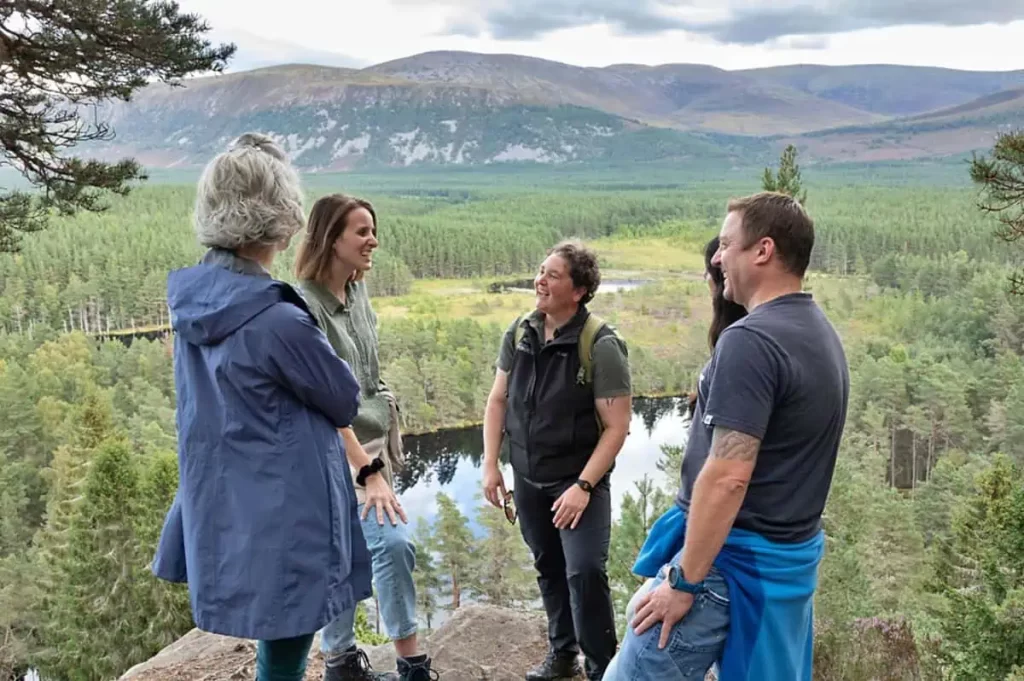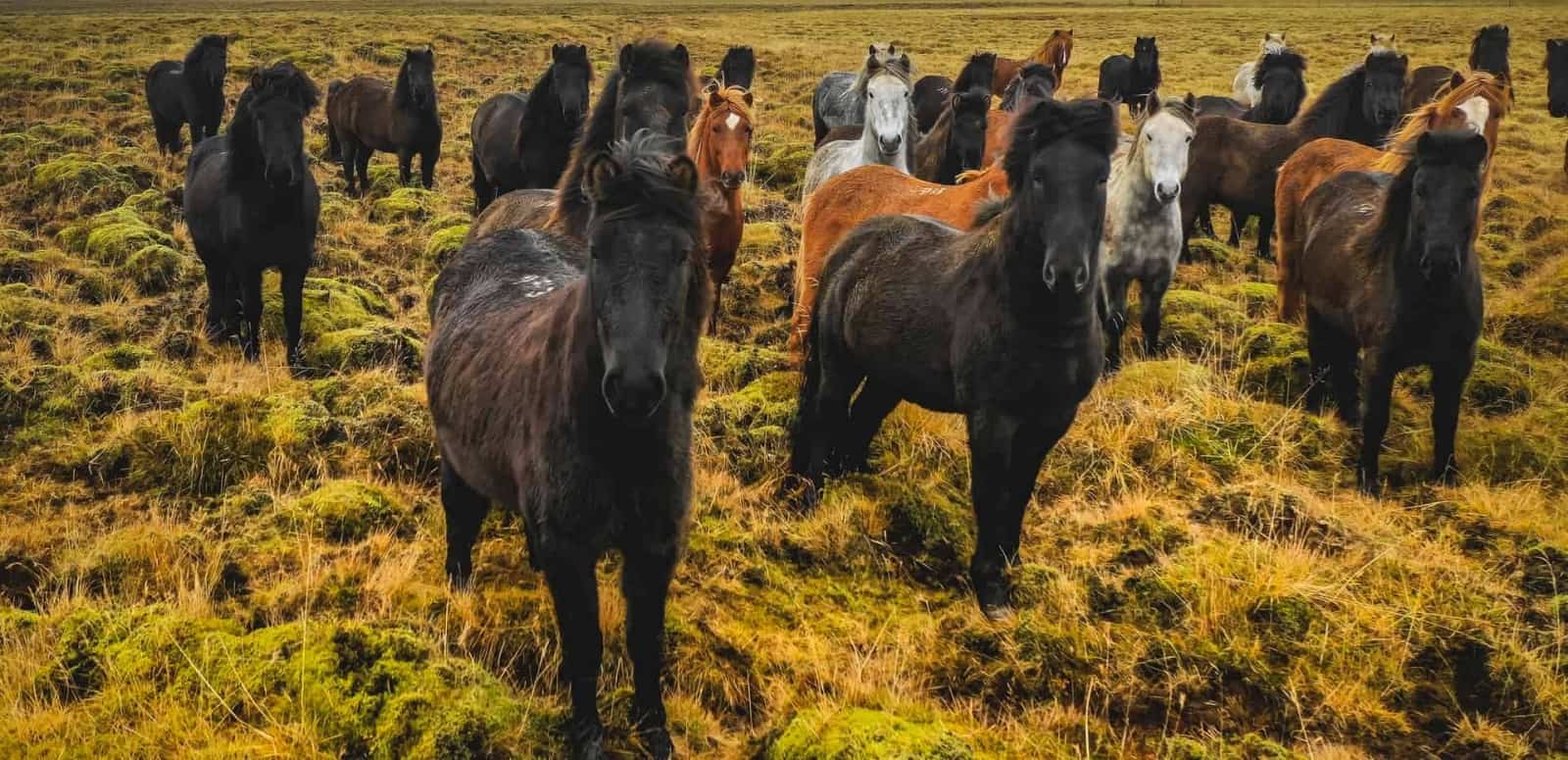
Introduction to Animal Behaviour
About this course
Do you want to understand how and why animals behave the way they do, and how we test hypotheses about behaviour scientifically? This biology and life sciences course provides an introduction to the complexities of wild animal behaviour, and how it is studied.
Over six weeks, learners will explore the various behaviours animals adopt in order to meet the challenges of their daily lives. We begin with how animals learn and communicate with each other, then move on to discuss how they find food, avoid predators, choose their mates, and rear their offspring.
This course is aimed at anyone looking to broaden their understanding of animal behaviour beyond nature documentaries or a typical high school education. No previous knowledge is required, only curiosity and enthusiasm for the subject.
This course is taught by three top-researchers of Wageningen University & Research, a top-ranked university. Prof. Marc Naguib is professor and chair of the behavioural ecology group and shares his fascination for birds behaviour as they are incredibly mobile and have an amazing repertoire of behaviour. Dr. James Savage is currently a postdoctoral fellow at University College Cork, where he is studying the social behavior of birds across different habitats in a fragmented landscape. Dr. Lysanne Snijders shares her passion for social dynamics of animal populations.
- Wildlife Management
- Online

